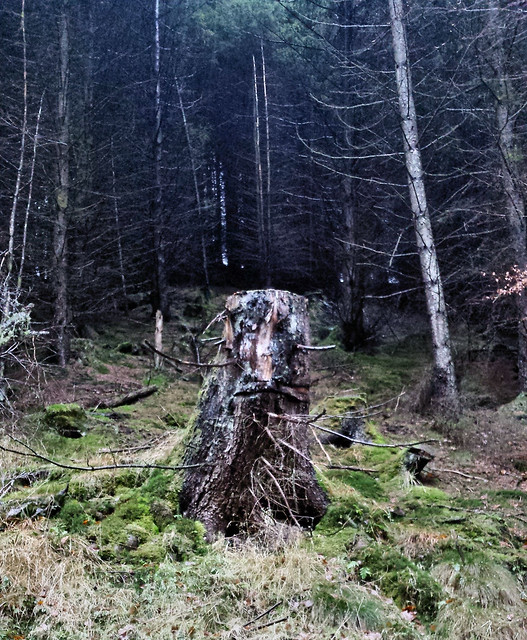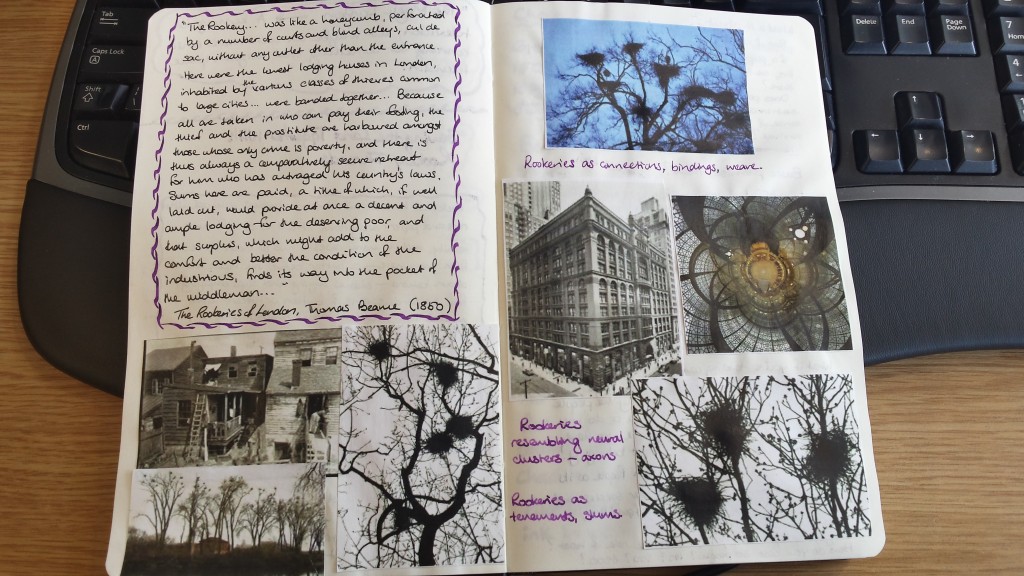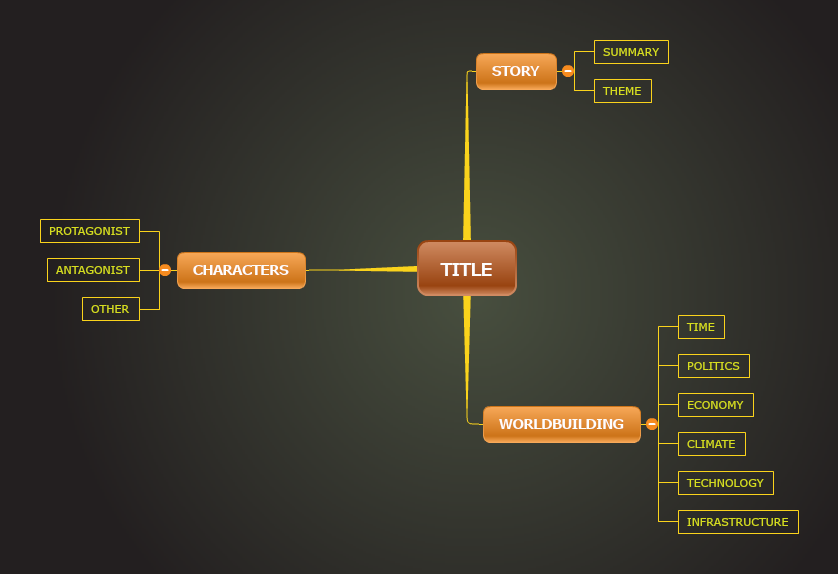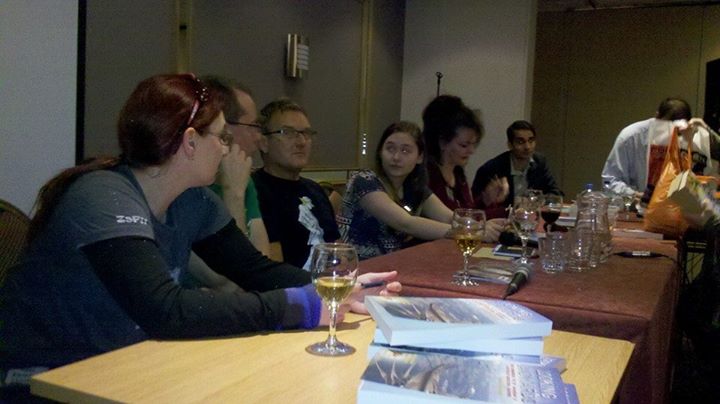We live in a noisy world. Synaesthesia means that ambient sound has a profound effect on my physical comfort and mental well-being. When a loud, sharp noise, such as a firework or someone hitting something with a hammer, has an effect like being smacked round the head with a baseball bat — it can be physically painful — then it’s vital to curate your ambient sound. The shape of noise around me is as important as my chair or my screen or the pen I’m using.
Sound affects my writing. Sometimes I need to have a particular playlist for my work, and it’s not “sounds of the 80s” or something that might be described as incidental music if it were a TV show. It’s a certain shape and texture of sound. I wrote Ludwig listening to Deeper Inside A Cave Near A Rushing Waterfall. More often, however, I deploy a variety of ambient soundscapes to block out, or at least filter, intrusions from the world outside. I have a long list of 12 hour ambient YouTube mixes, such as this one of the Mariana Trench, or this 6 hour International Space Station. For a more customised ambience, I also have A Soft Murmur, which is great for evocative soundscapes, and which I enjoy so much I paid for it.
Podcasts don’t generally appeal to me, because I don’t really enjoy listening to people talking about things unless it’s Radio 4 and I’m cooking, but this morning I discovered Field Recordings, and was hooked. There’s an article about the creator, London-based radio producer Eleanor McDowall, at The Guardian. She developed it after a year in which a relationship broke down, and she began to suffer burn-out at work. “It felt like something that would give me a bit of space and respite,” she says.
I understand exactly what she means.
Some of it doesn’t work for me, being too urban or too full of people, but I’ve found some treasures in their back catalogue. Currently, I have the pleasure of sitting inside a hollow tree in Sergiyev Posad, Russia. It almost sounds like being on an old square rigged sailing ship, with the ropes and lines creaking as the sails catch the wind. Most of the recordings are less than 5 minutes in length, which makes them less useful for ambient filtering purposes, but still. If you’ve ever wondered what it sounds like to sit and listen to summer rain, distant thunder in Old Leighlin, Ireland, or if you always had a hankering to listen to Barred Owls in White Rock, British Columbia, then head over there to see — and hear — what’s on offer.







